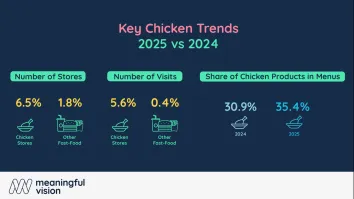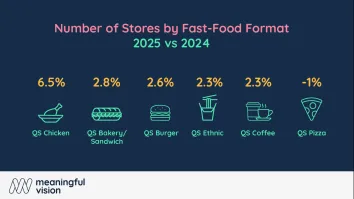
Zero Hours Contracts – An Update
James Symons, from Freeths, gives an update on zero hours contracts.
The hospitality industry relies heavily on workers employed under zero hours contracts to meet fluctuating demand whether seasonal or otherwise. A “Zero hours contract” is a colloquial term used to describe an arrangement under which an individual is not guaranteed regular hours or even work at all and is only paid for work that is carried out – for example, waiting or bar staff on zero hours contracts can be called in to fill gaps in the rota in a pub or restaurant.
The concern is that zero hours contracts give no security and require workers to take the risk of fluctuating weekly income rather than employers. On 26th May 2015 legislation was introduced banning the use of contracts that do not give a guarantee of work or pay but which prohibit workers from taking work elsewhere. This ends the practice of putting in place contracts that seek to prevent a worker from working for another employer while engaged under a zero hours contract, where they have no guarantee of work. In future workers will be free to accept work from more than one employer.
The Draft Zero Hours Workers (Exclusivity Terms) Regulations 2015 have also been issued but are not currently in force. These draft Regulations:
- prohibit an employer from subjecting a zero hours worker to detriment because that worker has performed work for another employer. The draft regulations do not define detriment and this would be a question for the Employment Tribunal to decide. Detriment is likely to mean treatment by an employer which is demeaning or detrimental. It could for example, cover giving a zero hours worker all the mundane work or less work because they work for another employer.
- impose financial penalties on employers seeking to avoid the ban. The Employment Tribunal will be able to award compensation to complainants.
Whilst exclusivity clauses in zero hours contracts are now unenforceable, there are currently no anti-avoidance provisions in force in the event that the ban is abused. We still await the introduction of these measures.

























